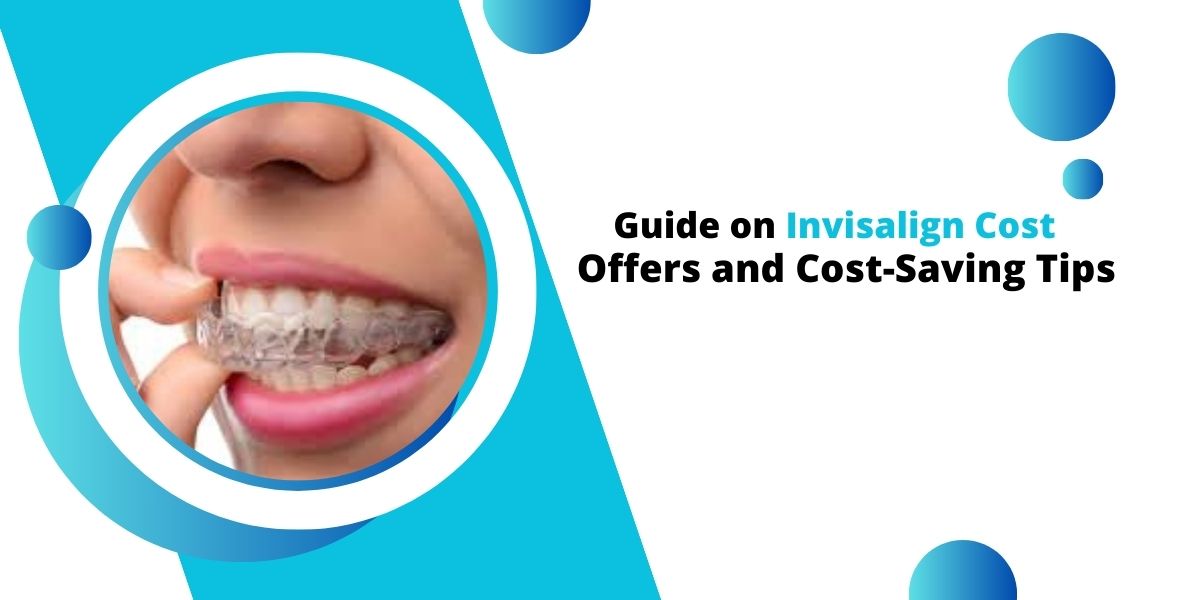Empowerment through Education: How Comprehensive Sex Ed Shapes Better Health Choices
Sexual health is a fundamental aspect of overall well-being, yet it remains one of the most under-discussed and often stigmatized topics in society. For centuries, societal taboos and cultural stigmas have shrouded conversations about sex and sexual health, leaving many people with limited information, unspoken fears, and a deep sense of shame. This silence has contributed to a range of sexual health problems, from unmet emotional needs to physical health issues that could have been addressed early with proper communication.
Breaking the silence around sexual health can revolutionize not only individual lives but also the larger social understanding of sex, relationships, and wellness. Open, honest conversations about sex, sexuality, and sexual health are vital for personal empowerment, improved relationships, and greater public health. In this article, we will explore the importance of open dialogue about sexual health, the barriers that hinder these conversations, and the transformative impact of breaking the silence.
The Role of Communication in Sexual Health
Sexual health is often misunderstood or narrowly defined in society, frequently being reduced to the prevention of sexually transmitted infections (STIs) or unintended pregnancies. However, sexual health encompasses a much broader range of physical, emotional, and psychological aspects, including consent, pleasure, intimacy, and emotional connection. One of the key factors that influence sexual health is communication—both with oneself and with others.
Open and honest communication about sexual health allows individuals to express their desires, concerns, and boundaries, leading to healthier sexual experiences and relationships. It also encourages people to seek medical advice and care when necessary, ensuring that any potential issues are addressed before they become serious problems.
In relationships, whether intimate or casual, talking openly about sex fosters trust and understanding. Partners who feel comfortable discussing their sexual needs are more likely to experience a deeper emotional connection and greater satisfaction. This openness is essential for preventing misunderstandings, addressing concerns like pain during sex or mismatched libidos, and ensuring that both parties feel safe and respected.
Barriers to Open Conversations about Sexual Health
Despite its importance, conversations about sexual health remain taboo for many people. These barriers to open dialogue are both cultural and personal, and they can affect people of all ages, genders, and sexual orientations.
Cultural Taboos and Stigma:
Across many cultures, sex is still considered a private, and sometimes shameful, subject. In some societies, discussing anything related to sexuality, including sexual health, is viewed as inappropriate or immoral. These taboos can lead to feelings of shame or embarrassment when trying to talk about sexual issues, even with a trusted partner or healthcare professional. As a result, people may avoid discussing their sexual health, leaving potential problems unaddressed and perpetuating misinformation.
Fear of Judgment:
The fear of being judged or misunderstood can also prevent open conversations about sexual health. People may worry that discussing their sexual health issues, such as erectile dysfunction, low libido, or concerns about STIs, will lead to negative judgment, rejection, or ridicule. This fear is particularly prominent in relationships, where individuals may feel vulnerable about revealing their sexual desires, preferences, or past experiences. This lack of vulnerability can create emotional distance, prevent intimacy, and cause unresolved sexual issues to fester.
Lack of Education:
Many individuals simply lack the proper education and understanding of sexual health, which makes them hesitant to discuss it openly. Comprehensive sexual education is still not universally available, and what is taught often fails to address the full spectrum of sexual health concerns. Without accurate information, people may feel uncertain or uncomfortable about discussing topics such as sexual function, contraception, STIs, or consent. This lack of education reinforces the silence around sexual health and keeps people from seeking help when needed.
Gender and Power Dynamics:
Gender expectations and power dynamics also play a significant role in stifling sexual health conversations. In many cultures, traditional gender roles dictate how men and women are “supposed” to behave sexually. For example, men may feel pressure to appear sexually dominant, while women may feel they should be passive or accommodating. These norms can prevent both genders from expressing their true sexual needs and concerns, leading to dissatisfaction and miscommunication in sexual relationships.
The Benefits of Open Conversations
When we break the silence surrounding sexual health, the benefits are profound. Open, nonjudgmental discussions can lead to healthier, more fulfilling relationships and improve both physical and mental well-being. Here are some of the key advantages of embracing open conversations about sexual health:
Improved Sexual Satisfaction:
One of the most immediate benefits of open communication about sexual health is improved sexual satisfaction. When partners openly discuss their sexual desires, boundaries, and preferences, they are more likely to create a mutually fulfilling sexual experience. Misunderstandings about what feels good or what is comfortable can lead to frustration, anxiety, and a lack of intimacy. Honest conversations can help partners understand each other’s needs and improve the overall quality of their sexual interactions.
Better Physical Health:
Talking openly about sexual health can also improve physical well-being. For example, individuals who are comfortable discussing sexual health issues with their doctors are more likely to get regular screenings for STIs, receive advice on contraception, and address any concerns such as erectile dysfunction, painful intercourse, or abnormal bleeding. Early detection and intervention can prevent many health problems from becoming more serious. Furthermore, discussions around contraception and family planning can help prevent unintended pregnancies and support reproductive health.
Enhanced Emotional Intimacy:
Sexual health is not just about the physical act of sex—it’s deeply connected to emotional intimacy. When partners communicate openly about their sexual needs, anxieties, and desires, they build a stronger emotional bond. This creates a sense of trust and understanding that extends beyond the bedroom and strengthens the overall relationship. Being open about sexual health also means being open about one’s feelings, fears, and vulnerabilities, which fosters emotional closeness.
Reduction in Stigma and Shame:
One of the most important impacts of breaking the silence around sexual health is the reduction of stigma and shame. When individuals feel that they can discuss their sexual health openly without fear of judgment, it normalizes the experience and removes the sense of isolation. The more we talk about sexual health, the less shame is associated with it. This cultural shift can lead to a more supportive and inclusive environment where people feel empowered to seek help when they need it.
Prevention of Sexual Violence:
Open conversations about sexual health also play a crucial role in preventing sexual violence. By discussing issues such as consent, boundaries, and mutual respect, individuals are more likely to understand the importance of clear and enthusiastic consent in sexual relationships. In environments where communication is encouraged, people are less likely to engage in coercive or harmful behavior, leading to healthier, safer relationships.
How to Foster Open Conversations About Sexual Health
Breaking the silence around sexual health is not easy, but it is essential. Here are some strategies that can help encourage open, healthy conversations:
Normalize the Topic:
Sexual health should be treated as a natural, everyday aspect of human life. By talking about it openly in non-sexual contexts, such as in relationships with friends, family, or colleagues, we can normalize the conversation. For example, discussing safe sex practices, or sharing information about sexual health with friends, can help reduce the taboo surrounding it.
Encourage Comprehensive Education:
Providing people with accurate, comprehensive sexual health education from a young age is crucial. Schools, healthcare providers, and community organizations must offer education that covers not just the mechanics of sex, but also the emotional, psychological, and ethical aspects of sexual health. This education should include topics such as consent, STI prevention, and healthy relationships, creating a foundation for open communication throughout life.
Create Safe Spaces:
Whether in a relationship, a doctor’s office, or a community group, creating a safe space for conversations about sexual health is essential. Individuals should feel that they can speak openly without fear of judgment or rejection. For couples, this means setting aside time to talk about intimacy, sexual satisfaction, and any concerns in a supportive and non-judgmental environment. For healthcare providers, it means ensuring that patients feel comfortable asking questions about their sexual health and seeking advice without feeling embarrassed.
Seek Professional Support When Needed:
Sometimes, conversations about sexual health may need the guidance of a professional. Therapists, counselors, and sexual health experts can provide a safe, neutral space for individuals and couples to explore their concerns and receive advice. For those struggling with sexual health issues, seeking professional help is an important step in breaking the silence and addressing problems in a constructive way.
Conclusion
Sexual health is a vital part of our overall well-being, yet it remains shrouded in silence and stigma. Breaking this silence by fostering open, honest conversations can revolutionize how we approach sex, relationships, and health. By creating a culture of communication, we can eliminate shame, reduce health risks, improve emotional intimacy, and ensure that everyone has access to the resources and support they need to lead a healthy, fulfilling sexual life. The more we talk about sexual health, the more empowered we become—individually and collectively—to embrace our sexuality without fear or shame.














Post Comment